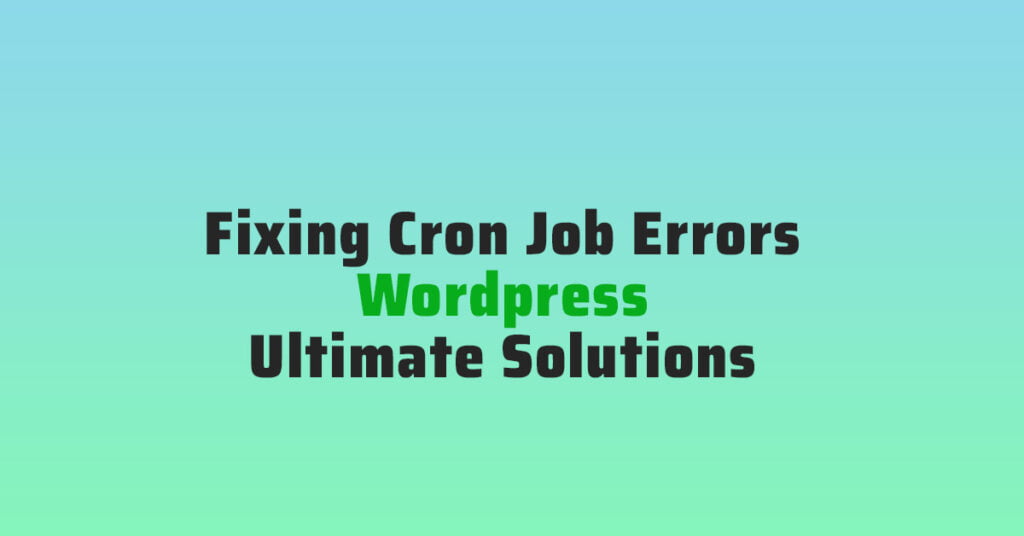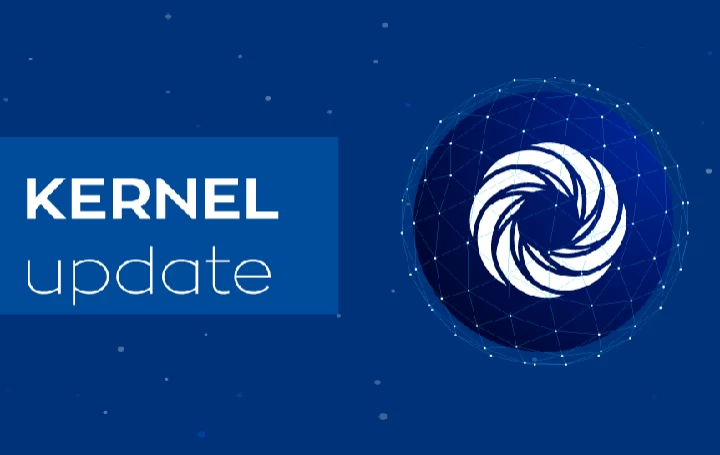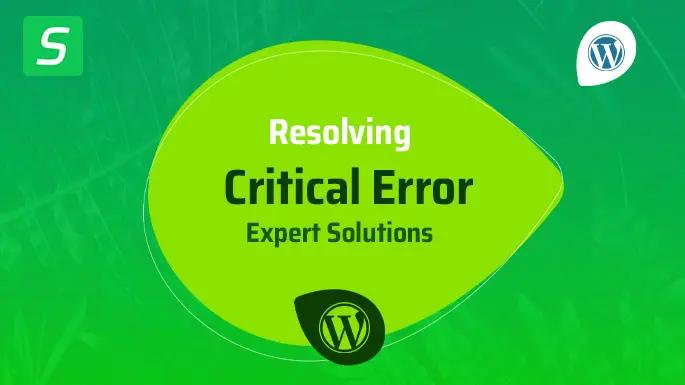Fixing cron job errors on WordPress, follow these steps carefully. In this guide, we will discuss common causes of cron job errors and provide solutions to resolve them effectively.
By addressing these issues, you can ensure that your scheduled tasks run smoothly and without any interruptions. Let’s dive in and troubleshoot your WordPress cron job errors.
Understanding Cron Job Errors
Cron jobs are an essential aspect of running a WordPress website, as they allow you to schedule and automate certain tasks. However, understanding and managing cron job errors can be a challenging task. In this blog post, we will explore the concept of cron jobs and dive into common cron job errors that you may encounter. By gaining a clear understanding of these errors, you will be equipped to troubleshoot and fix them effectively.

What Are Cron Jobs?
Cron jobs are scheduled tasks that run automatically at predefined intervals on your WordPress website. These tasks can include actions such as publishing scheduled posts, sending email notifications, and performing regular backups. By defining cron jobs, you can ensure that these tasks are consistently executed without manual intervention.
To better understand the concept of cron jobs, let’s take a look at an example:
- First, you set a cron job to run a script every day at 8:00 AM.
- The script could be a WordPress plugin or a custom code snippet that performs a specific action, such as deleting expired posts.
- When the specified time arrives (in this case, 8:00 AM), the cron job triggers the script to execute automatically.
In summary, cron jobs allow you to automate various tasks on your WordPress site, saving you time and effort.
Common Cron Job Errors
In the process of setting up or managing cron jobs, you may encounter certain errors that prevent these tasks from running as intended. These errors can occur due to various reasons, including incorrect configurations, conflicts with other plugins or themes, or server-related issues. Understanding the common cron job errors will help you diagnose and fix these issues efficiently. Let’s explore some of them:
| Error | Cause | Possible Solution |
|---|---|---|
| HTTP error 500 | A server error occurred, preventing cron job execution. | Check server logs for detailed error messages and resolve the underlying issue. |
| Permission issues | The user running the cron job does not have adequate permissions. | Ensure the correct user has sufficient permissions to execute the cron job and access required files. |
| Incorrect cron job syntax | The cron job command or schedule is invalid. | Verify the syntax of the cron job command and schedule, correcting any errors as necessary. |
| Conflict with other plugins or themes | A compatibility issue between plugins or themes is causing errors. | Temporarily disable other plugins or switch to a default theme to identify and resolve conflicts. |
These are just a few examples of common cron job errors. By identifying the specific error message or behavior and following the possible solutions provided, you will be able to tackle the issue effectively.
Troubleshooting Cron Job Errors
Get quick and effective solutions for fixing Cron job errors on your WordPress website with our troubleshooting techniques. Resolve any issues related to scheduling tasks and automate processes effortlessly.
Check Cron Job Configuration
Cron jobs play a crucial role in automating tasks on your WordPress website. However, if there are errors in your cron job configuration, it can lead to missed or delayed scheduled tasks. To ensure that your cron jobs are set up correctly, follow these steps:
- Access your WordPress dashboard and go to the Settings menu.
- Click on Cron Events to view the list of scheduled tasks.
- Verify that the intervals and schedules are set up according to your requirements.
- If any changes are necessary, update the cron expressions accordingly.
If you are unfamiliar with cron expressions, a handy tool like Crontab Guru can help you generate the correct syntax.
Check Server Configurations
In some cases, cron job errors can occur due to server misconfigurations. To troubleshoot these issues, consider the following steps:
- Contact your web hosting provider to ensure that cron jobs are enabled on your server and allowed to run.
- Verify that the server time and timezone settings are accurate. A mismatch can cause scheduled tasks to execute at the wrong time.
- Check if any restrictive security measures, such as firewalls or server access rules, are interfering with cron job execution.
- If necessary, make sure that the necessary file permissions are set correctly for your cron job scripts to execute.
Resolve Plugin Conflicts
Plugins can sometimes conflict with cron job functionality, leading to errors. To identify and resolve plugin conflicts, follow these steps:
- Deactivate all plugins on your WordPress site.
- Re-activate each plugin one by one.
- After reactivating each plugin, check if the cron job errors reoccur.
- If the error appears after activating a specific plugin, it is likely causing the conflict.
- Consider finding an alternative plugin or reaching out to the plugin developer for assistance.
Preventing Cron Job Errors
Preventing cron job errors is crucial for maintaining a smoothly running WordPress website. Cron jobs play a vital role in automating various tasks, such as publishing scheduled posts, updating plugins, and running backups. When cron job errors occur, these important tasks may not be executed correctly, resulting in potential issues for your website. To help you prevent cron job errors and ensure the proper functioning of your WordPress site, we’ve outlined some essential steps below.
Optimize Server Performance
One of the primary causes of cron job errors is poor server performance. If your server is struggling to handle the workload, cron jobs may not be executed within the expected timeframe, leading to errors. To optimize server performance:
- Choose a reliable hosting provider that offers sufficient resources and good server uptime.
- Regularly monitor your server’s performance using tools like Google PageSpeed Insights or GTmetrix to identify any performance bottlenecks.
- Optimize your website’s database by cleaning up unnecessary data, such as spam comments or expired transient options.
- Ensure your server meets the minimum requirements for running WordPress and its associated plugins.
- Consider implementing caching solutions like a Content Delivery Network (CDN) to reduce server load and improve response times.
Update WordPress And Plugins
Outdated versions of WordPress and plugins can lead to compatibility issues that may trigger cron job errors. To prevent this:
- Regularly update your WordPress installation and keep it up-to-date with the latest stable release.
- Ensure all your plugins and themes are also updated to their latest versions.
- Review the plugin documentation and changelogs for any known cron job-related issues before updating.
- Consider using reliable plugins that are regularly maintained and receive frequent updates.
Regularly Test Cron Jobs
Regularly testing your cron jobs is essential to identify and fix any potential errors before they impact your website’s functionality. Here’s how to do it:
- Use a reliable cron job testing tool like EasyCron or Cronitor.io to verify that your cron jobs are running properly based on their schedules.
- Check the logs for each cron job to ensure they are executing without any errors or warnings.
- If you notice any issues, troubleshoot by reviewing your cron job settings, adjusting the schedule if necessary, or consulting the plugin or theme documentation.
- Consider setting up email notifications or monitoring services to receive alerts in case of cron job failures.
By following these preventive steps, you can minimize the occurrence of cron job errors on your WordPress website. Regularly monitoring and optimizing your server performance, keeping your WordPress installation and plugins up-to-date, and regularly testing your cron jobs will contribute to the smooth operation of your website and ensure that your important tasks are executed as scheduled.
Frequently Asked Questions For Fixing Cron Job Errors On WordPress
How To Fix Cron Job Errors On WordPress?
To fix cron job errors on WordPress, you can start by checking your wp-config.php file for any syntax errors or modifications made. Additionally, checking the wp-cron. php file for any issues or conflicts with plugins can help resolve the errors.
Finally, scheduling a manual cron job through your hosting provider can also fix the errors.
Why Am I Experiencing Cron Job Errors On WordPress?
There can be several reasons why you might be experiencing cron job errors on WordPress. Some common causes include incorrect syntax in the wp-config. php file, conflicts with plugins that use cron jobs, or issues with your hosting provider’s server configuration.
By identifying the specific cause, you can then take appropriate steps to fix the errors.
How Can I Troubleshoot Cron Job Errors On WordPress?
To troubleshoot cron job errors on WordPress, you can first check the wp-config. php file for any syntax errors or modifications. Next, disable all plugins and re-enable them one by one to identify any conflicts. You can also contact your hosting provider for assistance regarding server configuration issues.
Lastly, modifying the cron job schedule manually can help resolve errors.
Conclusion
To fix cron job errors on WordPress, it is important to understand the causes and implement the necessary solutions. By analyzing the error logs, checking plugin compatibility, and optimizing the server configuration, you can ensure smooth functionality of scheduled tasks.
Remember to keep plugins and themes up to date, as outdated software could lead to conflicts with cron jobs. Regularly monitoring and troubleshooting cron job errors will help maintain the stability and efficiency of your WordPress website.





